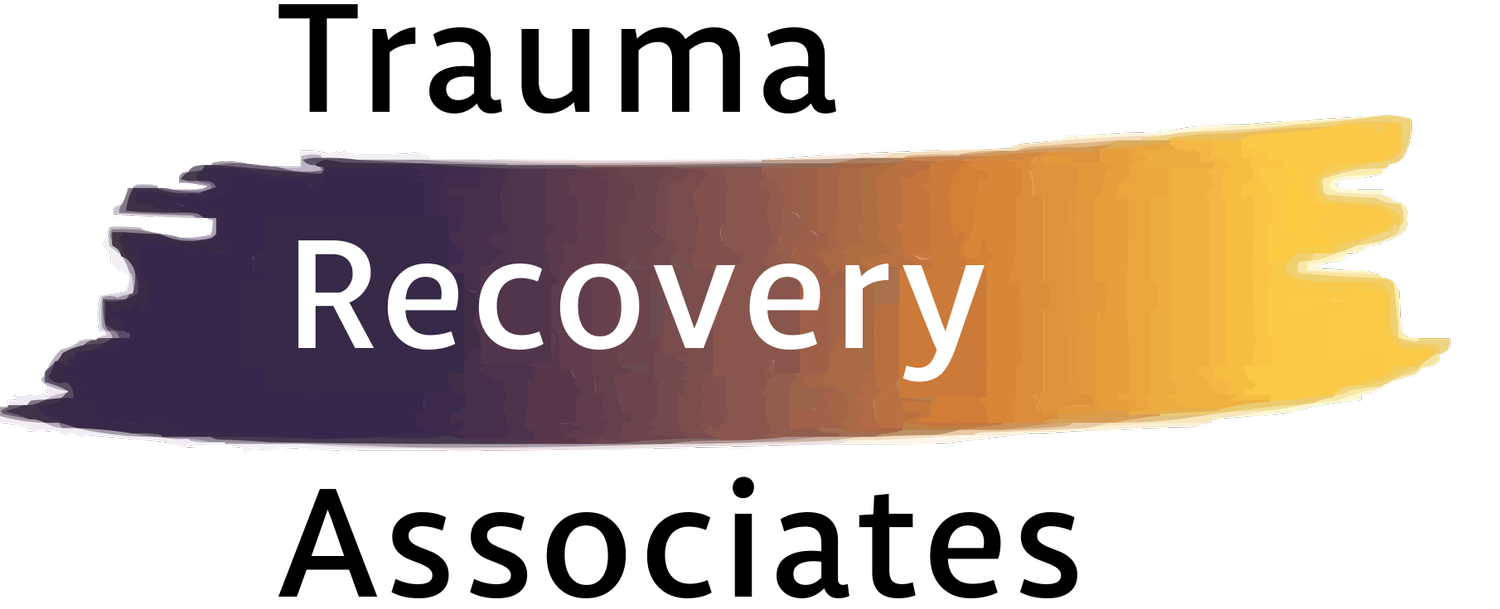Hope for Healing
Healing the Past, Building the Future
Trauma Recovery Associates is a non-profit organization dedicated to empowering adult survivors of childhood abuse and neglect.
Our Programs
-

Healing ACT
Healing Adults with Childhood Trauma helps participants understand their responses to childhood abuse and neglect while gaining new skills to live healthier lives. This program is run in small groups for 10 sessions and led by licensed clinicians.
-

Healthy Living Skills
HLS helps participants recognize their triggers, learn skills, and overcome challenges to make more desirable choices. Participants meet in small groups for 7 sessions and are led by trained facilitators.
-

RENEW
RENEW is an anonymous independent study program created by TRA to help people recover from the stress and anxiety of the pandemic.
Empowering Childhood Trauma Survivors to Heal
The safe group environment fosters empowerment through validation, encouragement, and the opportunity to witness the resilience of others. As survivors embark on their healing journey together, they can find strength and empowerment in knowing they are not alone.
Learning Healthy Coping Skills and Triggers Awareness Together
Childhood abuse survivors often carry deep emotional wounds that impact their everyday lives. By learning about healthy coping skills and becoming aware of their triggers, survivors can take significant steps toward healing and reclaiming control over their well-being
Frequently Asked Questions
-
A traumatic event is any kind of significant event that has emotional, psychological, or physical impact.
This can be any kind of painful event such as:
- bullying, ridicule, or physical harm
- various forms of neglect
- parents' divorce
- significant illness, death, or suicide of someone important to you
- a natural disaster (flood, tornado, house fire)
- a sense of not belonging because you are "different" (religion, nationality, ethnicity, race, sexual orientation, or gender identity).
Trauma isn't just sexual abuse. Seventy percent of Americans have at least one traumatic event during their childhood, which could be characterized as an experience of vulnerability or powerlessness.
Trauma comes from the lingering effects of a traumatic event. Some people have resources and support, and, over time, they recover. But other people don't seem to recover. They get stuck, and they continue to suffer for years, and even decades, after the event occurred. -
Effects of trauma include, but are not limited to:
- difficulty in relationships (strong need to stay close or conversely not to get close to others)
-discomfort with emotions, or doing your best to avoid them completely
- unhealthy habits, addictions, and self-harm
- delayed grief about what happened in childhood, and what you missed in your childhood
- feeling powerless or like a "victim" in other situations besides the original traumatic event
Trauma is a normal response to an abnormal event. You are not "crazy." Our various programs help you to understand the connection between thoughts, feelings, and behavior now and what happened when you were a child. -
NO! You will have a chance to tell one of the facilitators as much or as little as you choose. Some survivors find it helpful to tell their story; others do not. It is your choice. However, in the group you are not permitted to tell your history. Telling your history is not helpful to your healing process, and it can be upsetting to others in the group.
-
The programs are for any adult who is a survivor of childhood trauma.
-
In most programs, a small group of trauma survivors (6-10) meets for a series of sessions in a private comfortable setting.
The group is led by two trained facilitators or mental health professionals, and sometimes a religious helper (priest, deacon, or sister). Some programs are conducted virtually. There is also a program that you can download and do on your own (RENEW or RENOVARSE).Item description -
All of TRA's programs are free of charge.
-
Absolutely! But you must do the work to make it happen. No one else can do it for you. You can learn and improve skills that will assist you to recover and live a healthier and more satisfying life. And you are not alone! More than 1000 people in southwest Michigan have completed one of our programs.
-
This is a wealth of information you can explore on the website here or you can call Trauma Recovery Associates at 269.459.2121. Talking to us is not a commitment.


